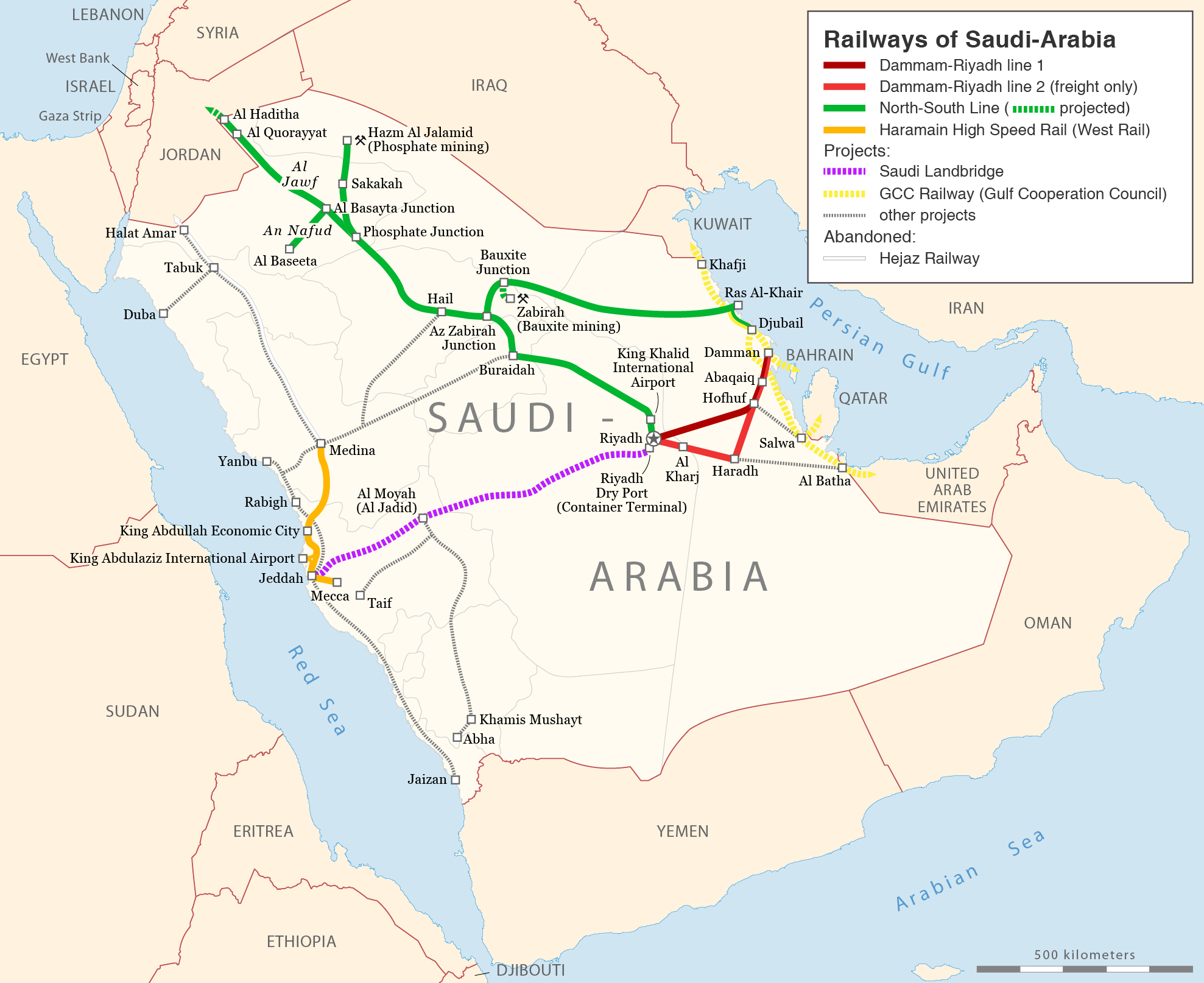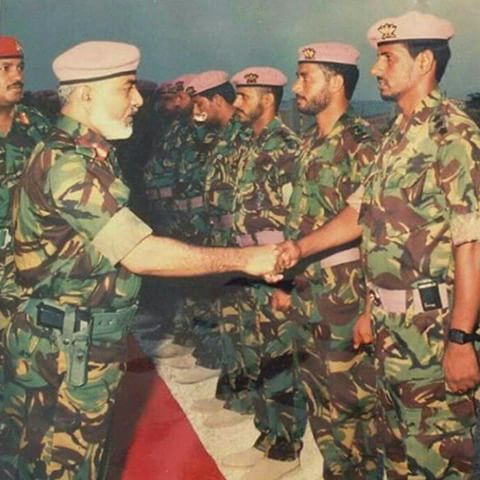|
Palace Office (Oman)
The Royal Office ( transliterated: ''maktab al sultani'' ) is one of the most senior and therefore powerful ministries in the Sultanate of Oman. It is a government body that has most influence in national security and intelligence issues and the minister in charge has been the de facto national security advisor to the Sultan. The Palace Office also acts as a foreign liaison focus on all international intelligence and security matters. The minister holding the post has the full title Minister of the Royal Office and Head of the Office of the Supreme Commander of the Armed Forces. The Royal Office Minister also member of The Defence Council. The Defence Council is an extra-parliamentary body tasked with coordinating the actions of the country's various security and armed forces. The current Minister of the Royal Office is General Sultan bin Mohammed al Nua'mani (appointed in 2011); he had been Secretary General of the Royal Court Affairs. Nasser bin Hamoud al Kindi took over t ... [...More Info...] [...Related Items...] OR: [Wikipedia] [Google] [Baidu] |
National Emblem Of Oman
The national emblem of Oman () is Khanjar Wa Sayfain (Khanjar (dagger) and two swords), an insignia consisting of a ''Khanjar'' inside its Scabbard, sheath that is superimposed upon two crossed swords. Adopted in the 18th century as the badge of the House of Al Said, Omani royal family, it subsequently became the national emblem of the Sultanate of Oman. The emblem is featured at the Canton (flag), canton on the Flag of Oman. History The national emblem was first designed in the mid-18th century, when it was adopted as the royal crest of the House of Al Said, Al Said dynasty. Its usage was expanded when it subsequently became the national emblem of Oman, the sultanate. This occurred during the reign of either Faisal bin Turki, Sultan of Muscat and Oman, Faisal bin Turki (1888–1913) or Taimur bin Feisal (1913–1932). The emblem was later incorporated onto the canton of the country's flag of Oman, national flag in 1970. Moreover, in order to distinguish "directly royal entiti ... [...More Info...] [...Related Items...] OR: [Wikipedia] [Google] [Baidu] |
Royal Oman Police
The Royal Oman Police (ROP) (), also known as Oman Police, is the main law and order agency for the Sultanate of Oman. History The concept of a modern police force was relatively new to Oman when Sultan Qaboos bin Said al Said rose to power after overthrowing his father in a palace coup on July 23, 1970. Police in Oman was first institutionalized in the 1700s in Sohar. Prior to ROP's creation, no internal security force existed in Oman. Security was the responsibility of the local walis or governors who carried it out with the help of local "Askars". The police presence was limited to the township of Muscat, Oman, Muscat and Mutrah, where most of the souqs were present and most of the trade took place. Once in power, Sultan Qaboos bin Said al Said, in addition to his other reform campaigns, went about building an efficient and modern police force in Oman. In 1974, Sultan Qaboos bin Said al Said conferred the title Royal Oman Police (ROP) on the newly formed force. In November t ... [...More Info...] [...Related Items...] OR: [Wikipedia] [Google] [Baidu] |
Human Rights In Oman
Oman is an absolute monarchy in which all legislative, executive, and judiciary power ultimately rests in the hands of the hereditary sultan, and in which the system of laws is based firmly on rule by decree. Although a report by the U.S. State Department, based on conditions in 2010, summed up the human rights situation in the country by asserting that the government "generally respected the human rights of its citizens", several international human rights groups have described the state of human rights in Oman in highly critical terms. Article 41 of the Basic Statute of Oman criminalizes any criticism of the sultan, stating that "the sultan's person is inviolable and must be respected and his orders must be obeyed". Freedom House has routinely rated the country "Not Free" and an official of Human Rights Watch, in a December 2012 overview of Oman and "five other smaller Gulf states," stated: "Human rights conditions...are quite poor overall....There is little respect for core ... [...More Info...] [...Related Items...] OR: [Wikipedia] [Google] [Baidu] |
2011 Omani Protests
The 2011 Omani protests (also called the Omani Spring) were a series of protests in Oman that occurred as part of the revolutionary wave popularly known as the "Arab Spring The Arab Spring () was a series of Nonviolent resistance, anti-government protests, Rebellion, uprisings, and Insurgency, armed rebellions that spread across much of the Arab world in the early 2010s. It began Tunisian revolution, in Tunisia ...". The protesters demanded salary increases, lower living costs, the creation of more jobs and a reduction in corruption. Protests in Sohar, Oman's fifth-largest city, centered on the Globe Roundabout. One of the responses of the then Qaboos bin Said, Sultan Qaboos bin Said was the dismissal of a third of the governing cabinet. Issues Protesters demanded salary increases and lower costs of living. On 20 February 2011, protesters welcomed a move by the government to increase the minimum wage. The wage increase targeted Omani workers in the private sector. P ... [...More Info...] [...Related Items...] OR: [Wikipedia] [Google] [Baidu] |
Cabinet Of Oman
The Cabinet of Oman is the chief executive (government), executive body of the Oman, Sultanate of Oman. Sultan Haitham bin Tariq heads the cabinet as the Prime Minister. Cabinet His Majesty Sultan Haitham bin Tariq on 16/06/2022 issued Royal Decree 34/2022 on the formation of the Council of Ministers: References External linksCabinet Ministersfrom the Ministry of Information, Sultanate of Omanfrom the CIA list of Chiefs of State and Cabinet Members ''Al Jazeera English'', 6 March 2011Sultan fires ministers amid Oman unrest ''Financial Times'', 7 March 2011 {{Asia topic, Cabinet of , title=National cabinets of Asia National cabinets, Oman, Cabinet Government of Oman ... [...More Info...] [...Related Items...] OR: [Wikipedia] [Google] [Baidu] |
Houthis
The Houthis, officially known as Ansar Allah, is a Zaydism, Zaydi Shia Islamism, Shia Islamist political and military organization that emerged from Yemen in the 1990s. It is predominantly made up of Zaydi Shias, with their namesake leadership being drawn largely from the Al-Houthi family, Houthi tribe. The group has been a central player in Yemeni civil war (2014–present), Yemen's civil war, drawing widespread international condemnation for its Human rights, human rights abuses, including targeting civilians and using child soldiers. The movement is designated as a terrorist organization by some countries. Iran–Houthi relations, The Houthis are backed by Iran, and they are widely considered part of the Iranian-led "Axis of Resistance". Under the leadership of Zaydi religious leader Hussein al-Houthi, the Houthis emerged as an opposition movement to Yemen president Ali Abdullah Saleh, whom they accused of corruption and being backed by Saudi Arabia and the United States. ... [...More Info...] [...Related Items...] OR: [Wikipedia] [Google] [Baidu] |
Gulf Cooperation Council
The Cooperation Council for the Arab States of the Gulf (), also known as the Gulf Cooperation Council (GCC; ), is a Regional integration, regional, intergovernmental organization, intergovernmental, political, and economic union comprising Bahrain, Kuwait, Oman, Qatar, Saudi Arabia, and the United Arab Emirates. The council's main headquarters is located in Riyadh, the capital of Saudi Arabia. The Charter of the GCC was signed on 25 May 1981, formally establishing the institution. All current member states are monarchy, monarchies, including three Constitutional monarchy, constitutional monarchies (Qatar, Kuwait, and Bahrain), two absolute monarchies (Saudi Arabia and Oman), and one federal monarchy (the United Arab Emirates, which is composed of seven member states, each of which is an absolute monarchy with its own emir). There have been discussions regarding the future membership of Jordan, Morocco, and Yemen. Iraq is the only Arab states of the Persian Gulf, Gulf Arab stat ... [...More Info...] [...Related Items...] OR: [Wikipedia] [Google] [Baidu] |
Yemen
Yemen, officially the Republic of Yemen, is a country in West Asia. Located in South Arabia, southern Arabia, it borders Saudi Arabia to Saudi Arabia–Yemen border, the north, Oman to Oman–Yemen border, the northeast, the south-eastern part of the Arabian Sea to the east, the Gulf of Aden to the south, and the Red Sea to the west, sharing maritime boundary, maritime borders with Djibouti, Eritrea, and Somalia across the Horn of Africa. Covering roughly 455,503 square kilometres (175,871 square miles), with a coastline of approximately , Yemen is the second largest country on the Arabian Peninsula. Sanaa is its constitutional capital and largest city. Yemen's estimated population is 34.7 million, mostly Arabs, Arab Muslims. It is a member of the Arab League, the United Nations, the Non-Aligned Movement and the Organisation of Islamic Cooperation. Owing to its geographic location, Yemen has been at the crossroads of many civilisations for over 7,000 years. In 1200 BCE, the Sab ... [...More Info...] [...Related Items...] OR: [Wikipedia] [Google] [Baidu] |
Sultan's Special Forces
The Sultan's Special Force (SSF) — Arabic: قوات السلطان الخاصة, transliterated: ''Qawat al-Sultaniya al-Khasah'' is a separate force branch within the Sultan's Armed Forces (SAF) and although equipped to carry out land defense operations, it is not part of the Royal Army of Oman. The SSF was created based on the lessons learned in a successful (if not lengthy) prosecution of a counter insurgency campaign in the Dhofar'. However, it was the time, effort and special tactics needed to achieve the victory that convinced the Sultan that he needed his own domestic special purpose force. There has been and remains a clear and constant relationship between the SSF and the Palace Office, a government ministry which oversees all aspects of the Sultanate's security . History of the Force During the Dhofar Insurgency of the 1960s and 1970s Sutan Qaboos bin Said al Said became very reliant on British Forces to improve the expertise of his fledgling armed forces b ... [...More Info...] [...Related Items...] OR: [Wikipedia] [Google] [Baidu] |
Government Of Oman
A government is the system or group of people governing an organized community, generally a State (polity), state. In the case of its broad associative definition, government normally consists of legislature, executive (government), executive, and judiciary. Government is a means by which organizational policies are enforced, as well as a mechanism for determining policy. In many countries, the government has a kind of constitution, a statement of its governing principles and philosophy. While all types of organizations have governance, the term ''government'' is often used more specifically to refer to the approximately 200 list of sovereign states, independent national governments and government agency, subsidiary organizations. The main types of modern political systems recognized are democracy, democracies, totalitarian regimes, and, sitting between these two, authoritarianism, authoritarian regimes with a variety of hybrid regimes. Modern classification systems also ... [...More Info...] [...Related Items...] OR: [Wikipedia] [Google] [Baidu] |
Timothy Landon
Brigadier Sir James Timothy Whittington Landon, KCVO, (born 20 August 1942, Vancouver Island, British Columbia, Canada; died 6 July 2007, Winchester, Hampshire, England) served in the British and Omani armies and was instrumental in the development of the present Sultanate of Oman. He was one of Britain's wealthiest people. He was widely suspected to have been involved in a significant affair with Qaboos bin Said, whom he helped install as his father's successor to the Sultanate. Early life Born to a British Brigadier General and a Canadian mother, Tim Landon attended Eastbourne College in Sussex. As a graduate of the Royal Military Academy, Sandhurst, Landon was posted to the 10th Hussars. Time in Oman With his regiment, he travelled overland from Europe to Arabia and arrived in Oman in the mid-1960s. He was sent there as part of a British military operation to help Sultan Said bin Taimur defeat the Soviet-backed Dhofar Rebellion. He was stationed in the south as an intelli ... [...More Info...] [...Related Items...] OR: [Wikipedia] [Google] [Baidu] |






